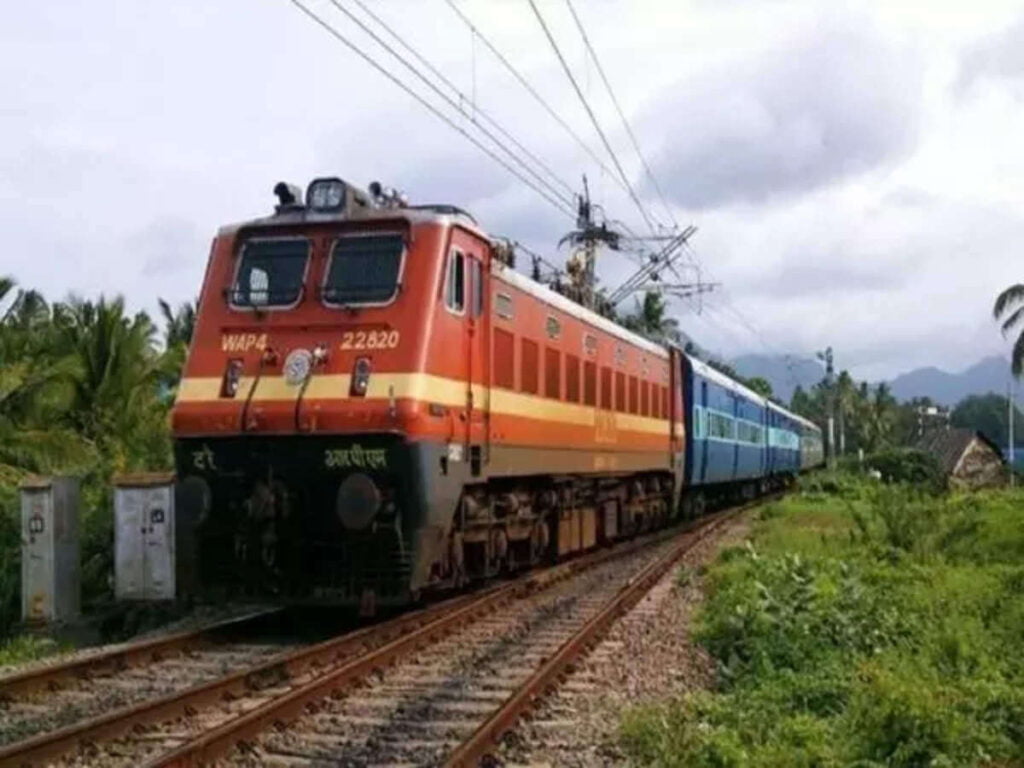According to a top industry executive, the demand for air and ocean freight has decreased, rates have decreased, and there is no market visibility, making it difficult to predict what will happen in 2023.
Marie-Christine Lombard, CEO of Geodis, stated in an interview with the French business journal La Tribune that the SNCF-owned logistics organisation has not witnessed a slowdown in terms of year-over-year revenue (+34%) and ebit(+53%). However, there has been a decline in the ocean and air freight volumes on several routes, such as Asia-Europe, during the second quarter.
Given the significance of this tradelane, it is a hint that a downturn is beginning. Less volume indicates that Europeans, who import 80% of their goods from Asia, particularly China, have already started to cut back on their consumption. To be fair, the [slowdown] phenomenon for air freight is very typical at this time of year, and as Q4 moves along, demand typically increases, with hi-tech goods leading the way.
The summer ocean plunge, on the other hand, is rare because this time of year often coincides with a peak in activity, according to Ms. Lombard. Additionally, this had been accompanied by a decline in rates, she added.
Regarding a drop in air freight rates as well, she said: “Since the summer is not typically a busy season, we are unsure if this is a cyclical tendency. Let’s see if this trend [in air] is confirmed in October or November. Road freight costs, meanwhile, are still rising. Lombard continued by stating that, aside from major outside events, she does not anticipate a broad “collapse” of the market in the remaining months of this year. We are in an area of uncertainty as far as 2023 is concerned, but in my opinion, things will be considerably different then.
She has not yet noticed any overtly unfavorable customer sentiment in response to the economy’s deterioration. The type of customer and their industry, she continued, depends on the situation. For the time being, none of the industrial multinationals that are customers looking to obtain intercontinental capacity have reneged on their commitments to volumes and tariffs for one or two years. Their top concern is to make sure that their supply chains are resilient in the face of various interruption risks.
According to Lombard, Geodis was experiencing a decline in the number of clients purchasing products on a “spot” price basis, again depending on the vertical.
“This is the situation in e-commerce, where the transported volumes fall short of what customers predicted. The high-tech industry is also struggling. Interestingly, though, the supply of replacement parts and other vehicle components does not appear to be slowing down. Thus, it is quite varied.











